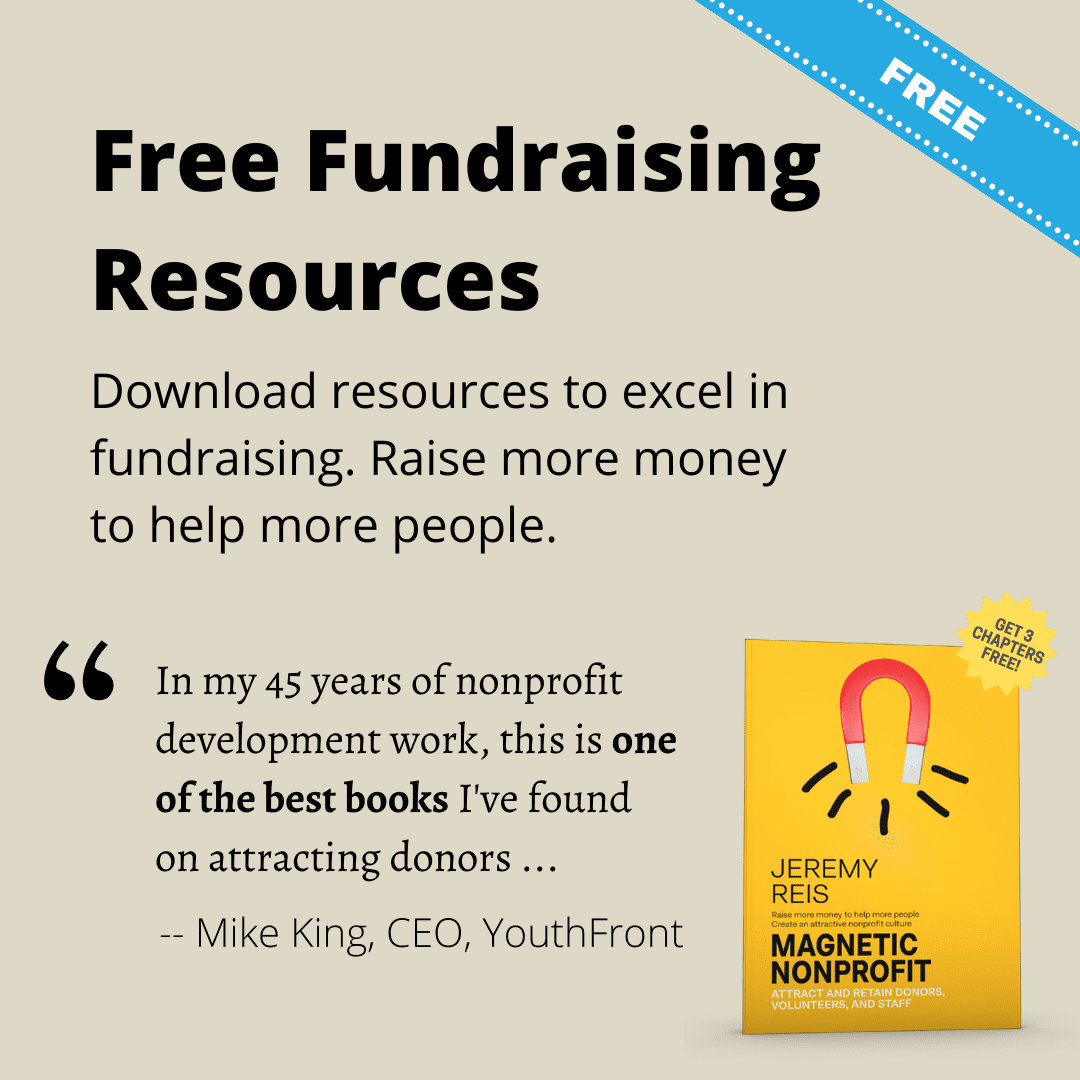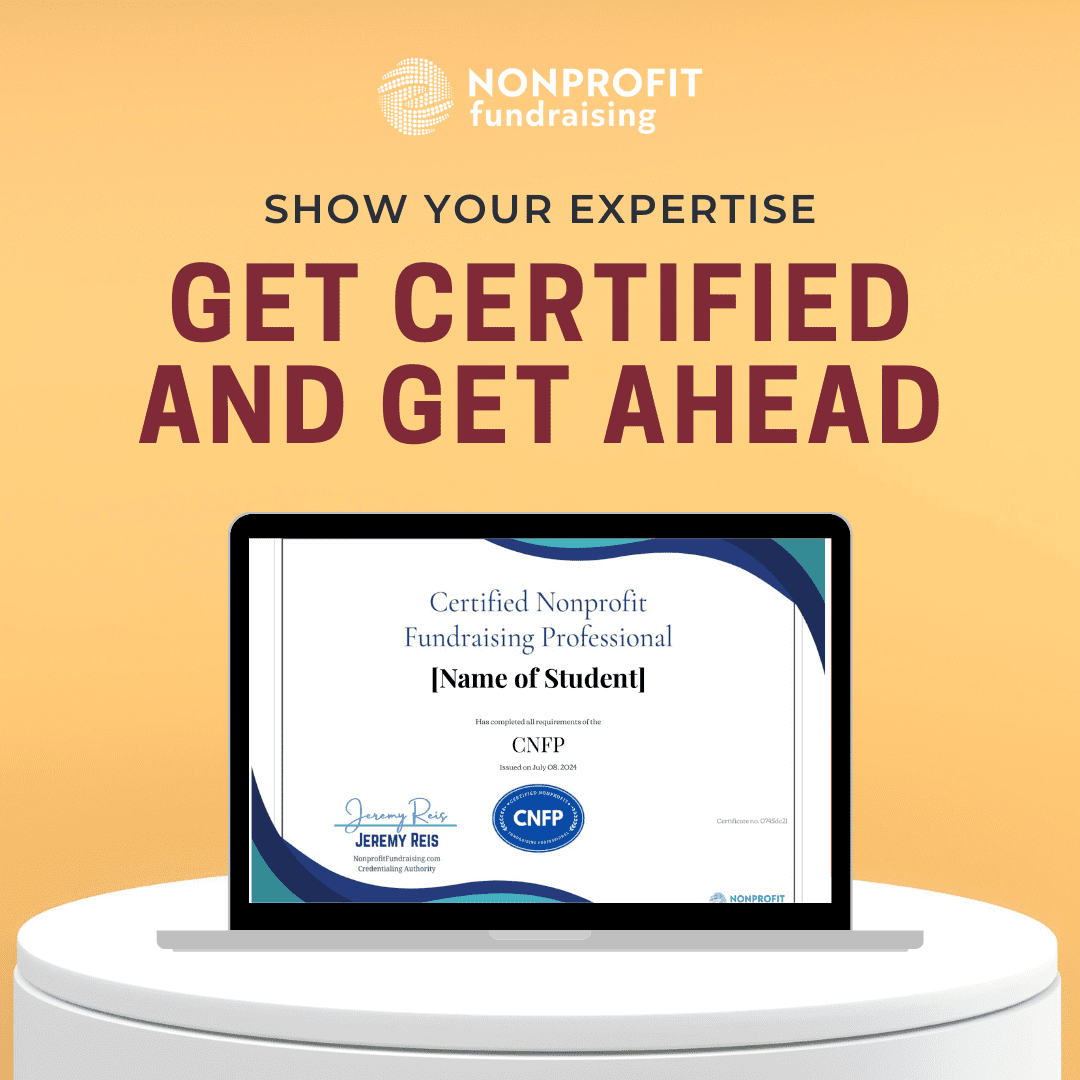Major donors want you to be effective and efficient — but most of all, they want to know you understand and value their partnership.
Relationships are key for any fundraiser. Donors want to feel like they have a relationship with your nonprofit, they don’t want to feel like it’s just a transaction.
This is especially true for major donors. Before a significant commitment to invest in your nonprofit, a major donor wants to feel like she is valued, appreciated, and has a strong relationship with your nonprofit.
First, you need to care about the major donor. Not as a donor, but as a person. You need to be invested into her life. Building a relationship that is outside of a financial commitment is the key to creating a mutually beneficial relationship. You see, you’ll find that a major donor can change a lot of lives, but the biggest changes will likely be to you and to her.
Second, you need to understand your major donor and her desires and needs. Not every investment opportunity into a program at your nonprofit is going to be the right fit for a major donor. When you understand what sparks joy in your donor’s heart, you’ll find the right program or opportunity for her.
Third, find ways to involve the major donor in non-ask ways. For example, invite him to an event that is not a fundraising event. Send an interesting article or book. Call just to talk. You’re building a relationship with this partner.
Fourth, do what you say you will. When you make a commitment, make sure to follow up. For example, some major donors want less frequent communication. If you make the request to reduce the communication with this major donor, follow up to make sure it’s happening.
Fifth, keep them updated. One of the best ways to show your donors that you value their support is by keeping them in the loop. Send them updates on how their donation is being used and the impact it’s making. Include before-and-after photos or stories from the people your organization has helped. Major donors want to know that their money is going to good use, so make sure you keep them updated on your progress!
Sixth, ask your donor’s opinion. Your donors are your biggest advocates, so why not ask for their feedback? Send out surveys or hold focus groups so you can get their input on everything from your fundraising strategy to your website design. Their feedback will help you improve your organization and make it even more successful!
Seventh, be responsive to your donor’s needs or concerns. Your relationship with each donor should be unique, which means being responsive to their individual needs and concerns. If a donor expresses interest in a specific program or initiative, make sure you follow up with them and keep them updated on your progress. And if they ever have questions or concerns, do your best to address them in a timely and professional manner.
Eighth, don’t take them for granted! This might be the most important tip of all: never take your donors for granted! They have plenty of options when it comes to where they choose to give their money, so always remember how lucky you are that they’ve chosen to support your organization—and make sure they know it too! A little bit of appreciation can go a long way in making donors feel valued—and in keeping them invested in your organization for the long haul.
When you focus more on your relationships with people and less on getting the next big check, you’ll find that the big checks follow quickly. Donor retention is essential for any nonprofit organization. By following these simple tips, you can ensure that your major donors feel valued and appreciated. Showing your donors that you care about their input and feedback will only strengthen your relationship and make them more likely to support you in the future!

